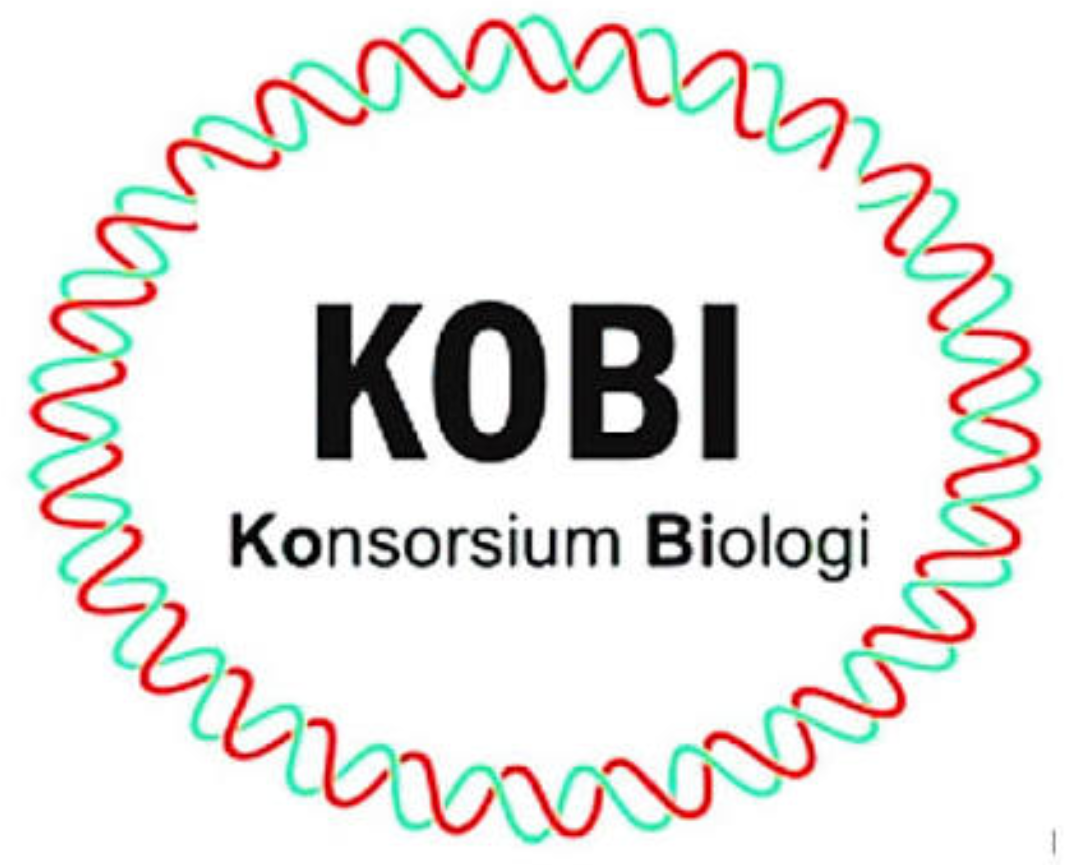Title:
The Enhancement of the Learning Achievement of Science in the Material of Human Organs Structure with Problem-Based Learning Method for the Fourth Graders of SD Negeri Botoputih Odd Semester in the Academic Year 2017/2018
Author:
Abstract
The purpose of this research is to enhance students' ability of science subject in the material of human organs structure with the problem-based learning method for the fourth graders of elementary school. This research is conducted with the fourth graders odd semester of SD Negeri Botoputih in the Academic Year 2017/2018 as the subject. Based on the result of classroom action research on the implementation of Problem-Based Learning Model to enhance the students’ learning achievement of science subject in the material of human organs structure for the Fourth Graders of SD Negeri Botoputih Odd Semester in the Academic Year 2017/2018, it can be stated that the learning outcome of science subject in the material of human organs structure in the pre-cycle with a minimum score standard of 70 is not optimal yet. The data shows 22 students in total that there are 10 students with a percentage of 45.45% can complete and pass the minimum score standard. While 12 students with a percentage of 54.55% are failed. The cause is because of the lack of evaluation method in a science subject. The result of the first cycle shows that science subject in the material of human organs structure with a minimum score standard of 70 has not been optimal yet. The data shows 22 students in total that there are 17 students with a percentage of 77.27% can complete and pass the minimum score standard. While 5 students with a percentage of 22.73%. The result of the second cycle shows that science subject in the material of human organs structure with a minimum score standard of 70 is optimal and much better. The data shows 22 students in total that there are 22 students with a percentage of 100% can complete and pass the minimum score standard. Surely, there is nobody failed with a percentage of 0%
Keywords
Full Text:
PDFReferences
Arikunto, S. (2006). Prosedur Penelitian; Suatu Pendekatan Praktek, Bandung: Rineka Cipta
Dochy, F., Segers, M., Van den Bossche, P., & Gijbels, D. (2003). Effects of problem-based learning: A meta-analysis. Learning and instruction, 13(5), 533-568.
Hariyanto, D. (2003). Belajar dan Pembelajaran, Bandung: Kaifa
Hmelo-Silver, C. E. (2004). Problem-based learning: What and how do students learn?. Educational psychology review, 16(3), 235-266.
Ibrahim, M. & Nur, M. (2004). Pembelajaran Berdasarkan Masalah, Surabaya, Universitas Negeri Surabaya
Ismail. (2004). Model-Model Pembelajaran : Materi Pelatihan Terintegrasi Guru Mata Pelajaran Matematika SMP. Jakarta: Direktorat Pendidikan Lanjutan Pertama
Karabulut U S (2002) Curricular elements of problem-based learning that cause developments of self-directed learning behaviours among students and its implications on elementary education. Unpublished Dissertation, University of Tennessee, Knoxville, USA.
Nowak J A (2001). The implications and outcomes of using problem-based learning to teach middle school science. Unpublished Dissertation, Indiana University, Indiana, USA
Nurhadi. (2004). Kurikulum 2004 Pertanyaan dan Jawaban, Jakarta: Grasindo
Pannen, P. & Purwanto. (2001). Penulisan Bahan Ajar. Jakarta: Pusat antar Universitas
Sagala. (2006). Konsep dan Makna Pembelajaran, Bandung: Alfabeta
Savery, J. R. (2015). Overview of problem-based learning: Definitions and distinctions. Essential readings in problem-based learning: Exploring and extending the legacy of Howard S. Barrows, 9, 5-15.
Sungur, S., Tekkaya, C., & Geban, Ö. (2006). Improving achievement through problem-based learning. Journal of Biological Education, 40(4), 155-160.
Syamsuddin, A. (2003). Psikologi Pendidikan. Bandung: PT Rosda Karya Remaja.
Tandogan, R. O., & Orhan, A. (2007). The Effects of Problem-Based Active Learning in Science Education on Students' Academic Achievement, Attitude and Concept Learning. Online Submission, 3(1), 71-81.
Tirtonegoro, S. (2001). Anak Supernormal dan Program Pendidikannya, Yogyakarta: Bumi Angkasa
DOI: https://doi.org/10.31002/ijobe.v2i2.2197
Article Metrics
Abstract view : 60 timesPDF - 0 times
Cited By
Refbacks
- There are currently no refbacks.
Copyright (c) 2020 Indonesian Journal of Biology Education

This work is licensed under a Creative Commons Attribution-NonCommercial-ShareAlike 4.0 International License.

This work is licensed under a Creative Commons Attribution-NonCommercial-ShareAlike 4.0 International License.
indexed by :
Jalan Kapten Suparman 39 Magelang, Jawa Tengah, Indonesia 56116
Phone (0293) 364113 Fax (0293) 362438
Website: http://jurnal.untidar.ac.id/index.php/ijobe









 Abstract views : 60
|
Abstract views : 60
| PDF views : 0
PDF views : 0

